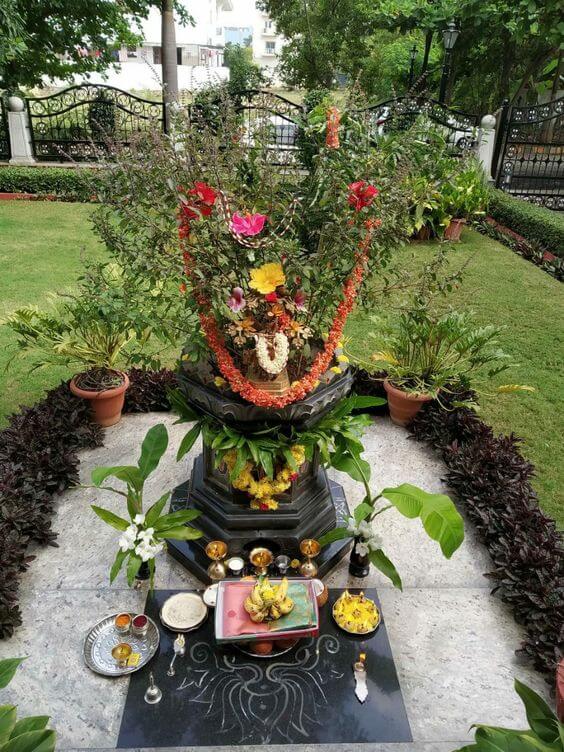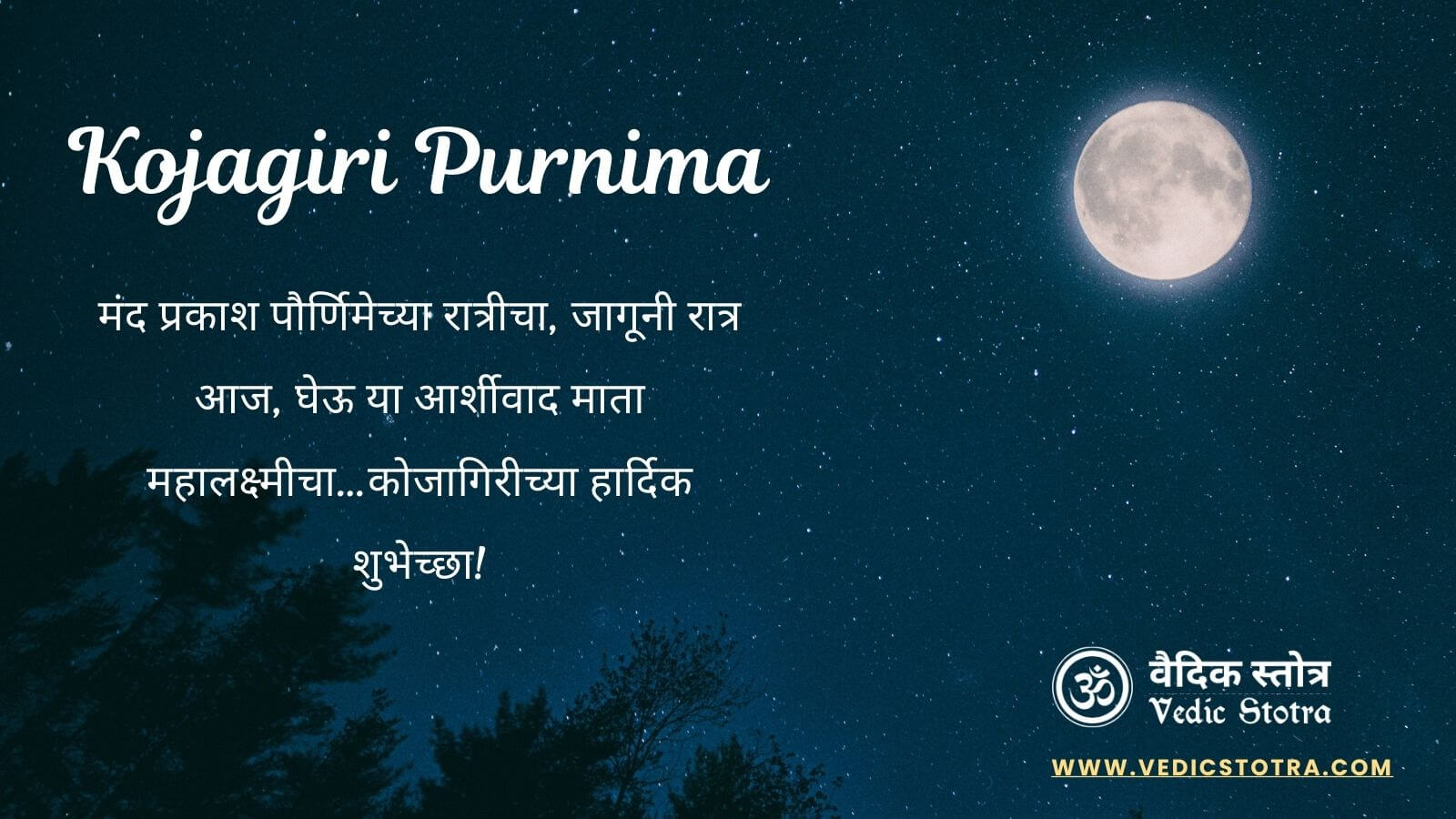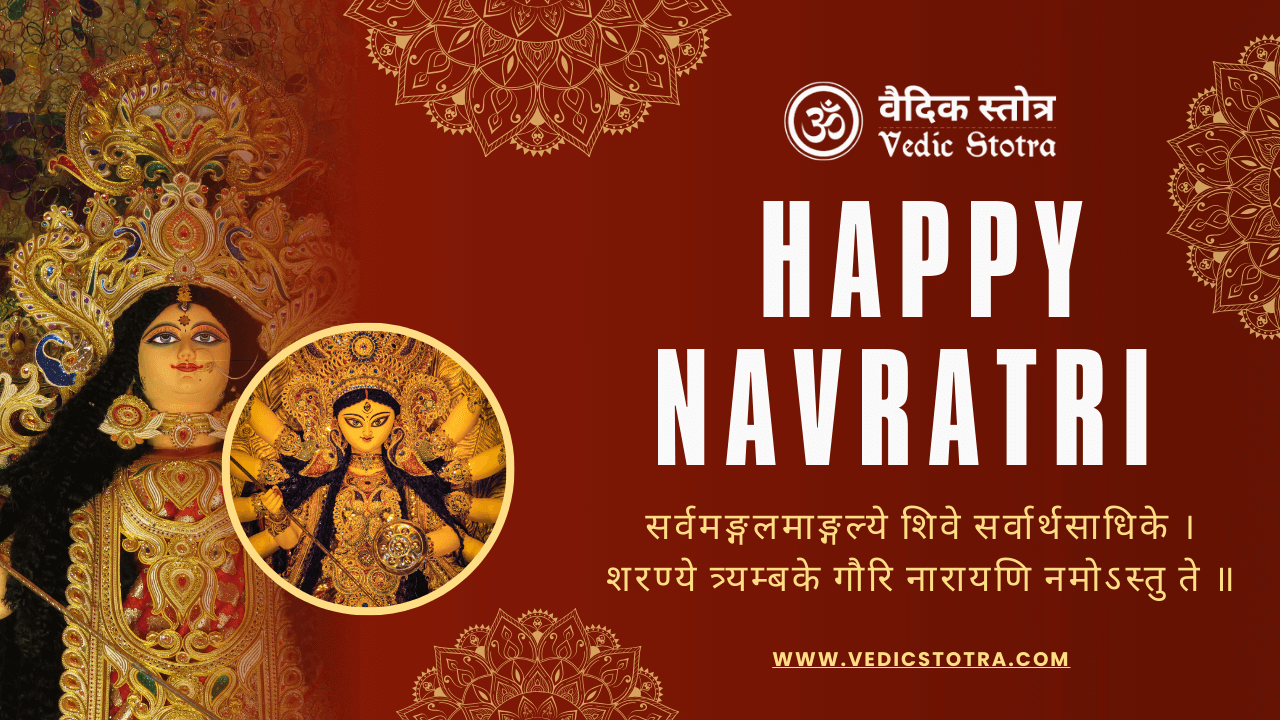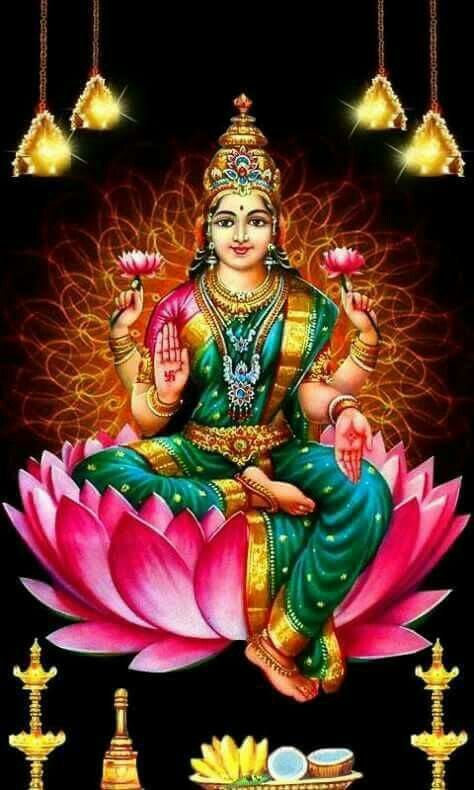In the heart of Hindu tradition lies a beautiful festival called Tulsi Vivah. It’s a celebration that honors the sacred union of Mata Tulsi. Tulsi Vivah is like a wedding between Mata Tulsi and Bhagwan Vishnu. It’s a special ceremony where they do all the things people usually do in weddings, like the Kanyadaan ceremony. Mata Tulsi is believed to be Devi Lakshmi, who came to earth as Vrinda.
During Tulsi marriages, they follow Hindu wedding customs. The bride is represented by a Tulsi plant as Bhagwan Vishnu, and the groom is a Shaligram. Women sing wedding songs and prayers, and they chant the Mangalashtak mantra.
The Tale of Mata Tulsi
According to the legends, Mata Tulsi was once Vrinda, an embodiment of purity and devotion. Her love for Vishnu was unparalleled. When her husband, Jalandhar, a demon king, sought invincibility through her chastity, Vishnu took on Jalandhar’s form and broke Vrinda’s devotion. Heartbroken and devastated, Vrinda cursed Vishnu to become a stone. In response, Vishnu transformed her into the sacred plant we now know as Tulsi.
The Sacred Rituals
During Tulsi Vivah, the atmosphere buzzes with festivity. The rituals mirror those of a traditional Hindu wedding. The Tulsi plant is adorned as the bride, representing Mata Tulsi, and the Shaligram stone symbolizes Bhagwan Vishnu as the groom. The ceremonies commence, and women sing bhajans and hymns celebrating this divine matrimony.
The Marriage Ceremony
The house and the wedding area (Mandap) are decorated beautifully, just like in regular weddings. Mata Tulsi gets offered a red chunri and 16 special adornments. With Agni Dev as a witness, Shaligram and Tulsi make promises to each other while holding hands. After the wedding, they have a big meal together called a banquet (preetibhoj).
Related Name : Tulasi Puja Divas, Tulasi Puja, Tulasi Ekadashi, Tulasi Vivah
Tithi : Kartik Shukla Ekadashi
Story : Legend of Mata Tulsi, once known as Vrinda, and her divine connection with Vishnu.
Reason : Marriage Anniversary of Maa Tulasi.
Celebrations : Fast, Kanyadaan, Prayers in Shri Ram / Shri Krishn Temple.
The Significance of Lighting the Lamp
In the evenings, the practice of lighting a lamp near the tulsi plant holds immense significance. It’s believed to bring forth prosperity, joy, and dispel negative energies. The Skanda Purana tells a tale where the abode of Yamudoots, the messengers of death, refrain from entering houses adorned with the worship of Tulsi.
The Devotional Offerings
Devotees offer prasad and perform aarti, expressing their reverence and love for Mata Tulsi and Bhagwan Vishnu. They seek blessings for health, happiness, and familial well-being. The aroma of incense and the sound of devotional hymns fill the air, creating an atmosphere steeped in spirituality.
The Essence of Unity and Love
Tulsi Vivah transcends religious boundaries; it’s a celebration of unity and devotion. It brings communities together, fostering bonds and spreading the message of love and togetherness. The vibrant colors, melodious chants, and collective prayers echo the essence of this beautiful festival.
The Spiritual Connection
Beyond the rituals and festivities, Tulsi Vivah signifies a spiritual connection. It’s a reminder of unwavering faith and the transformative power of love. Mata Tulsi’s unwavering devotion and her union with Bhagwan Vishnu symbolize the eternal bond between the divine and the devotee.
Embracing Divine Harmony
Tulsi Vivah is not just a festival; it’s a spiritual journey that encapsulates love, devotion, and the triumph of good over evil. It embodies the essence of harmony, symbolizing the union of Mata Tulsi and Bhagwan Vishnu as a divine reflection of unity and eternal love.
As we celebrate Tulsi Vivah, let us embrace the values it signifies—love, devotion, and the eternal bond between the divine and humanity. May the blessings of Mata Tulsi and Bhagwan Vishnu bring joy, prosperity, and spiritual abundance to all.
In Short, Tulsi Vivah is a celebration of divine love and devotion, resonating through generations and fostering a deeper connection with the spiritual realm.




